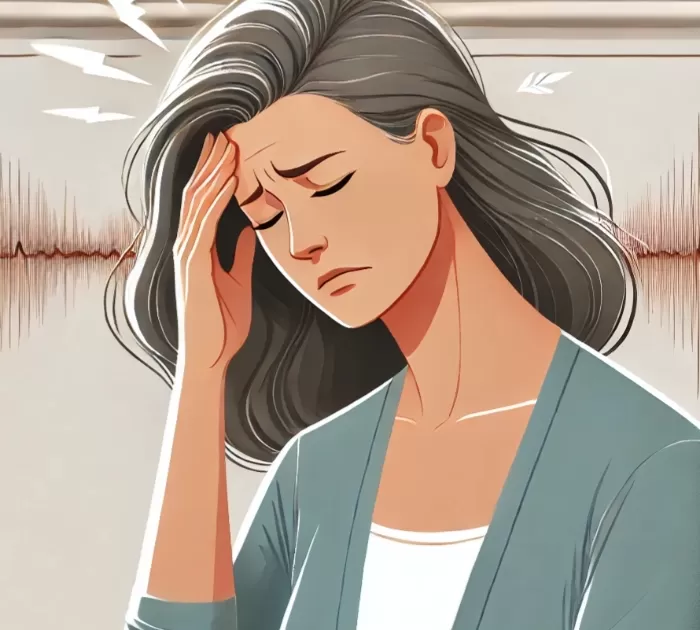Introduction
Headaches and migraines are common during menopause and perimenopause, often due to hormonal fluctuations, particularly the decline in oestrogen. Oestrogen helps regulate brain chemicals that affect pain sensation. As oestrogen levels fluctuate or drop, some women may experience more frequent or severe headaches or migraines. Additionally, menopause-related factors such as stress, sleep disturbances, dehydration, and dietary triggers can exacerbate headaches and migraines. Women who have a history of menstrual migraines may notice an increase or change in their migraine patterns during menopause.


